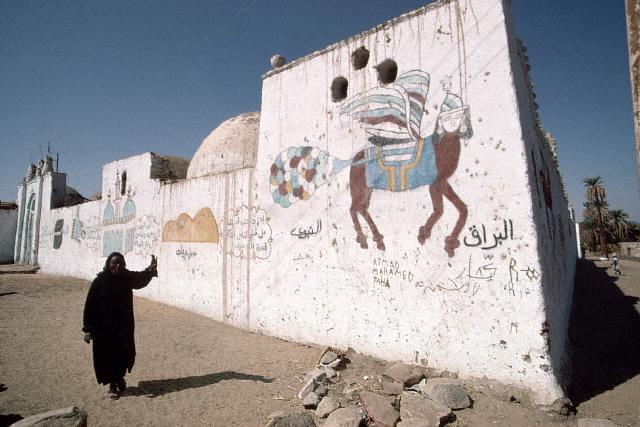Articles
A European guide for the well-being of pluralist societies
Article author: FUNCI
Date of publication of the article: 20110624
Year of publication: 2011
Article theme: Cooperation, Islamophobia.
Migrants and their descendants, a Guide to policies for the well-being of all in pluralist societies (2011).
Migration to and within Europe has profoundly changed the life and image of the continent. This guide offers theoretical and practical tools for an innovative approach to a key political issue: how, along with our immigrant fellow-citizens, can we build a fair and plural society that ensures the well-being or all?
By moving beyond rigid categories like “foreigner”, “immigrant” and “illegal , and ambiguous concepts like “identity”, “diversity , “immigration control and “integration”, this guide suggests that policy makers, civil servants and citizens need to question their own vocabulary if they are to grasp the complexity and uniqueness or people’s migration paths.
The perception of migrants
Perceiving migrants simply from the host country’s point or view – the security, well-being and life-style of its nationals – has limitations. We cannot see people of foreign origin only as a threat or a resource to be exploited. If we see them as stereotypes, we are seeing only a mirror of European fears and contradictory aspirations. This guide helps readers decode and address the structural problems of our society, looking at the accusations made against migrants and the utilitarian view or the advantages that immigrants bring to host societies.
In publishing this guide, the Council of Europe is seeking to initiate an in-depth debate on the migration issue, which is so high on the European political agenda.


